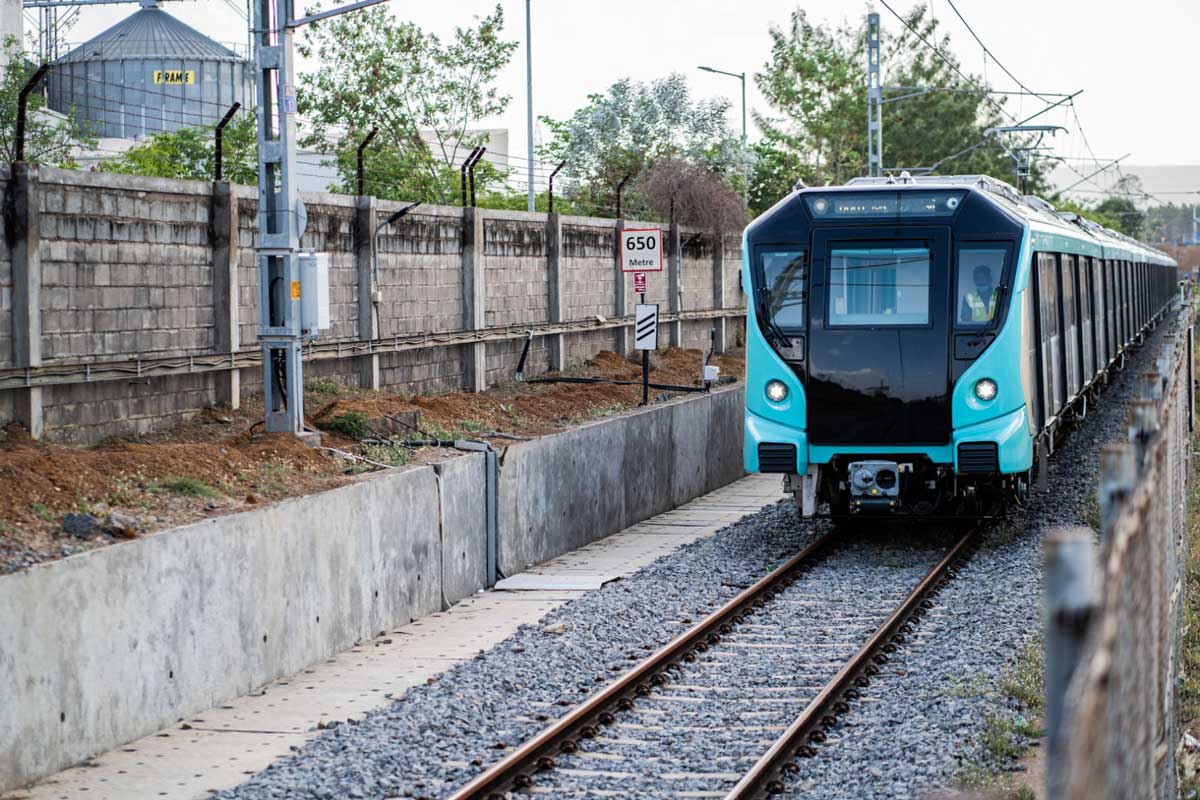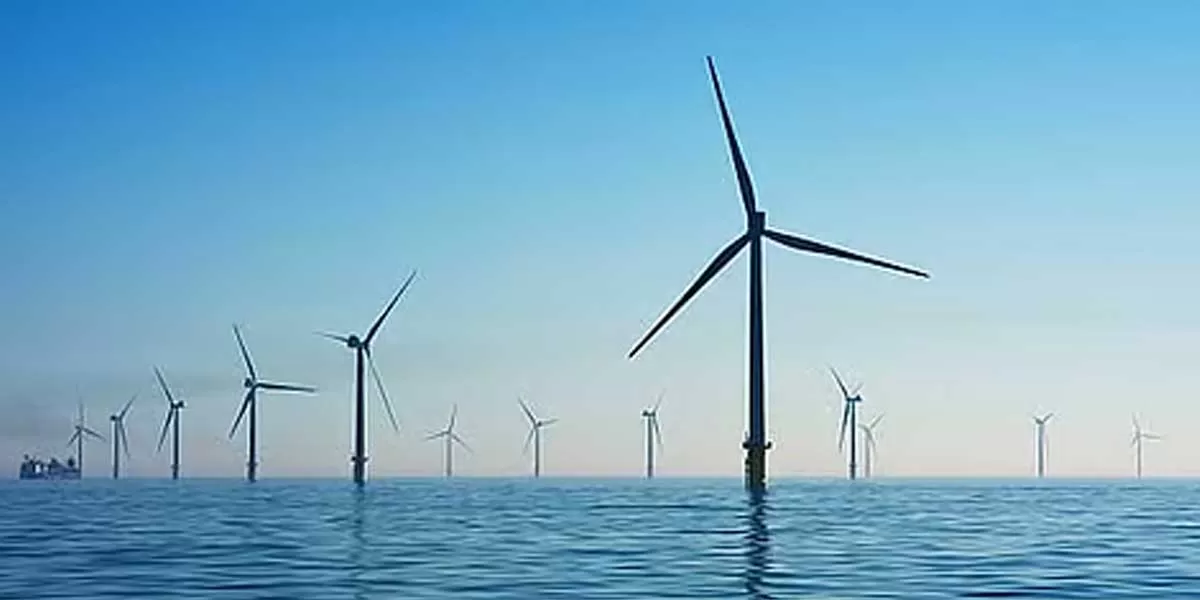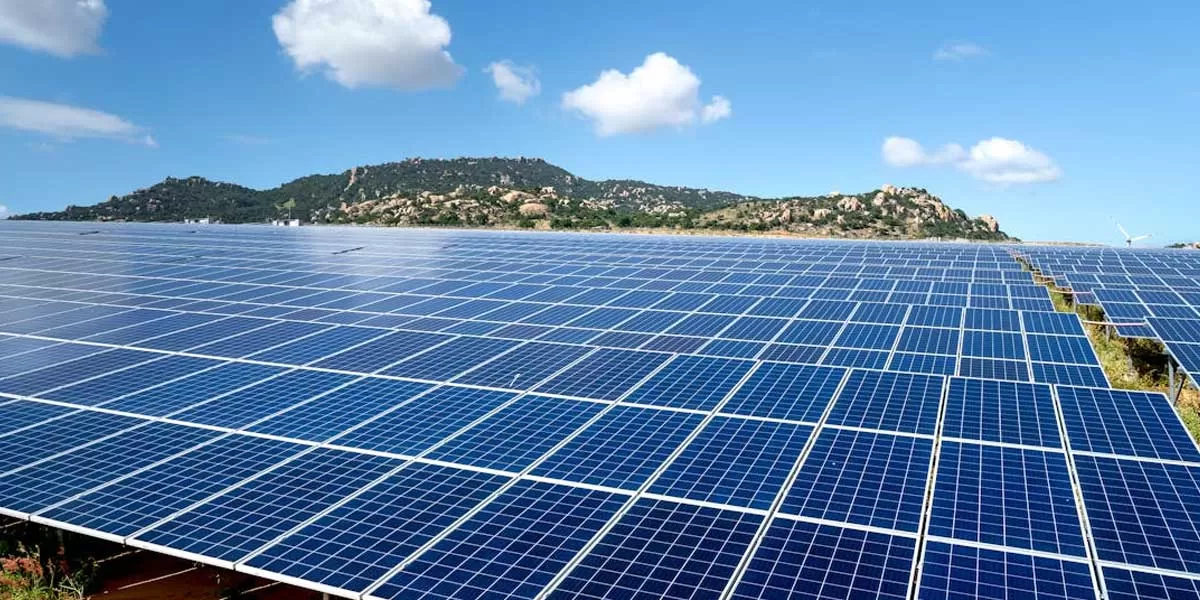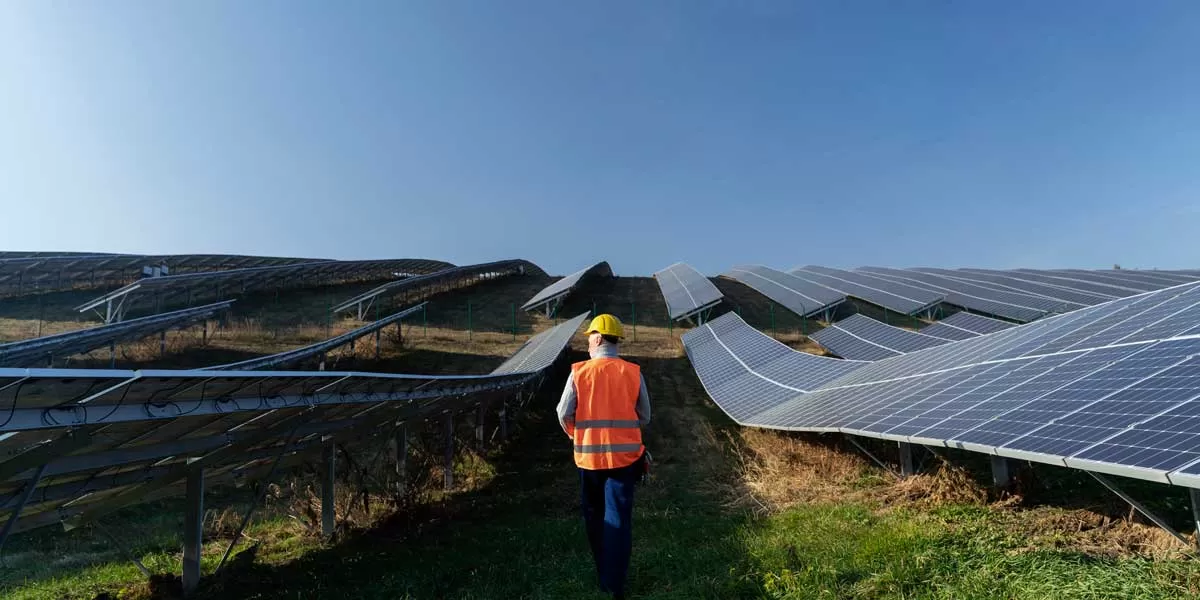
Alstom revolutionises Mumbai's Colaba-Bandra-SEEPZ Metro project

Right-of-Way Issues Delay 14 Interstate Transmission Projects
Fourteen interstate transmission system (ISTS) projects are facing delays due to prolonged right-of-way (RoW) issues, primarily driven by demands for higher compensation than state-approved rates. Additional challenges, including delays in forest clearances, have further stalled progress, according to Minister of State for Power Shripad Naik. Of the 14 affected projects, eight are being executed by POWERGRID, while six are handled by private companies, including Adani, Sterlite, Tata Power, and ReNew. These projects span multiple states. To address compensation concerns, the Ministry of Power ..

NHPC Invites Bids for 2.56 MW Rooftop Solar Projects in Nagaland
NHPC has issued a tender for 2.56 MW rooftop solar projects on government buildings in Nagaland under the PM Surya Ghar: Muft Bijli Yojana. The deadline for bid submission is April 21, 2025, with bid opening scheduled for April 23. Bidders must submit an earnest money deposit of Rs 2.5 million and a performance security fee of Rs 2,475 per kW, along with a bid document procurement fee of Rs 5,000. The scope of work includes design, engineering, equipment supply, erection, testing, commissioning, and operation & maintenance for 25 years. Successful bidders must also obtain net metering approv..

SWELECT Wins Rs 2.9 Billion via Private Placement with India Infradebt
SWELECT Group has raised Rs 2.9 billion through non-convertible debentures (NCDs) in a private placement with India Infradebt. The funding, backed by a portion of its solar power assets, has released Rs 2.6 billion in cash collaterals, which will be reinvested to expand its independent power producer (IPP) portfolio to 1 GW by 2026-27. SWELECT Energy Systems, the group's solar module manufacturing arm, has also secured orders exceeding 150 MW for its TOPCon bifacial solar modules. In December 2024, the company proposed raising Rs 1.38 billion by issuing 1,385 NCDs with a face value of Rs 1 mil..














